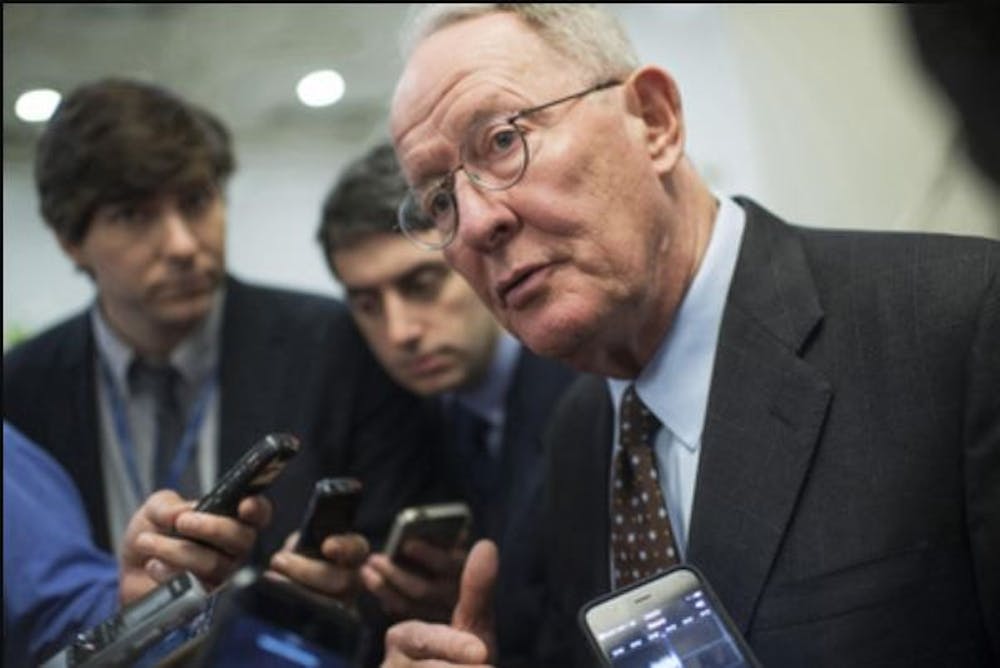U.S. Sen. Lamar Alexander, R-Tenn., said during an April 10 committee hearing there should be a measure of accountability for colleges and universities, focusing on whether students are repaying loans and whether institutions are benefiting students, because the current system isn't working.
This hearing was the Health, Education, Labor and Pension committee’s third one of this Congressional session about reauthorizing the Higher Education Act.
The act was last reauthorized in 2008 and is supposed to be reauthorized every five years.
Alexander said Congress should not act as a national school board through the bureaucracy of accountability.
“Our goal needs to be to help students know that their degrees are going to be worth their time and money and to help taxpayers know that the federal government isn’t financing programs that do not provide students with a valuable education,” he said.
Earlier this month, Democratic senators introduced the Protect Student Borrowers Act for the third time as a response to the high costs of higher education.
U.S. Sen. Chris Murphy, D-Conn., a co-sponsor of the bill, shared Alexander’s concerns over the worth of a degree a university will give students and the future impact that degree has.
“Too many colleges and universities are handing out degrees that aren’t worth the money students put into them, leaving students saddled with debt and unable to build their futures,” he said in a statement. “That has to stop.”
U.S. Sen. Jack Reed, D-R.I., the main sponsor of the bill, said in the same statement that universities provide large benefits to students and the economy, yet tuition costs lead to heavy student debt.



